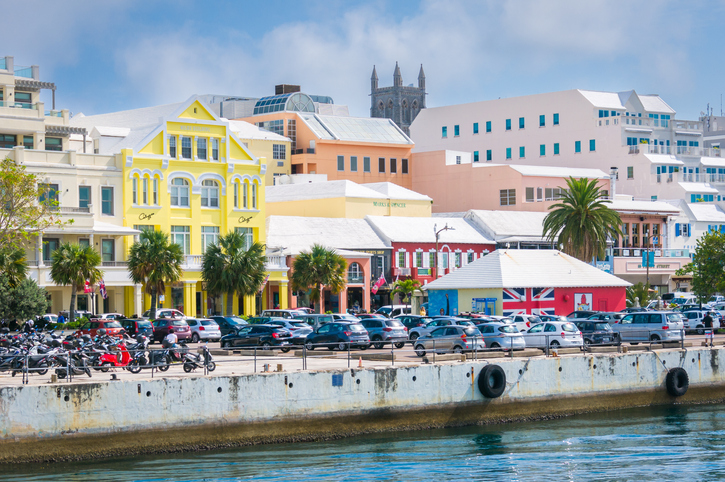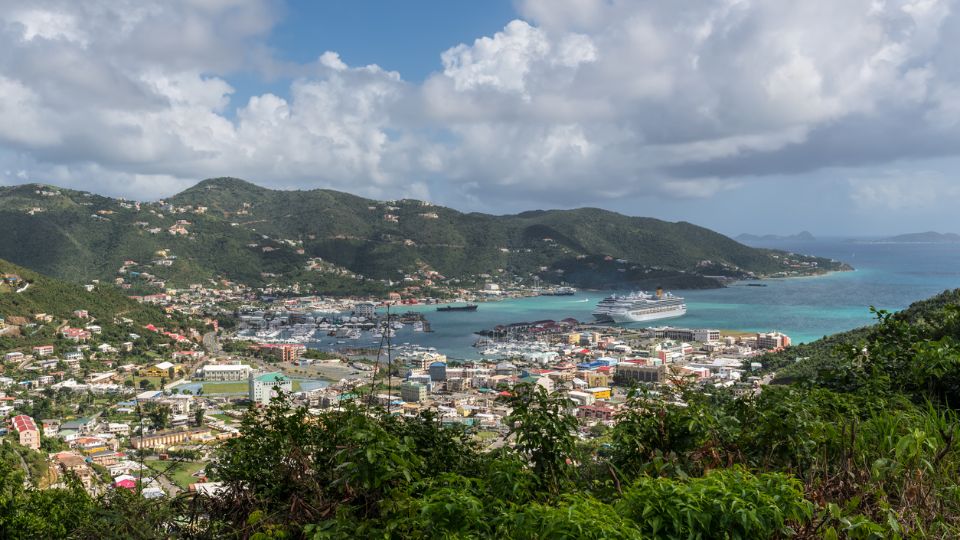The Offshore Litigation Blog and our contributors
The Harneys Offshore Litigation Blog is a unique online hub for news and insights about offshore litigation in jurisdictions including the British Virgin Islands, the Cayman Islands, and Bermuda. We are the authoritative resource for recent cases, jurisdictional news, court lists, interviews with the judiciary and even some tips on island life.
${totalItems} results
${customFilterHeading} Showing ${showingItems} of ${totalItems} results ${searchTerm}
${facet.Name} (${facet.TotalResults})

I’m Still Standing: New York court confirms BFAM may pursue Glory Health for US$200m in missed note payments
A recent decision the Supreme Court of the State of New York has determined that the beneficial owners of bonds have standing to bring claims against the bond issuer and guarantors.
28 Mar 2024

ESG in Restructuring
The BVI Business Companies Act 2004 (BVI BCA) provides the statutory framework for a BVI company to undertake a restructuring. Download the PDF to read the full chapter, published originally by INSOL.…
13 Sep 2023

Six key requirements to sanction a Cayman Islands scheme of arrangement
In the recent decision of Jiangnan Group Limited, the Cayman Islands Grand Court analyszes the requirements required for sanction of a scheme of arrangement with members and/or creditors and endorses the relevant principles previously set out in Bestway Global Inc.
09 Jun 2023

Two recent Grand Court decisions confirm the governing principles on interim payments
These cases demonstrate the court has a pro-creditor approach to interim payments. Accordingly, the court will usually award an interim payment unless there is a “good reason” for not doing so.
12 Apr 2023

Winding up a company in Bermuda – creditors to the rescue?
In re US Holdings Ltd (the Company), Chief Justice Hargun in the Supreme Court of Bermuda faced novel issues arising out of a winding up petition filed by a creditor based on a deemed insolvency of the Company coupled with an application to appoint “light touch” provisional liquidators (JPLs) for restructuring purposes.
30 Mar 2023

Restructuring Review 2023 – British Virgin Islands
There continues to be an upward trend in using provisional liquidations as a restructuring tool, particularly in relation to China-related debt. The looming global economic crisis likely points to further use of schemes of arrangements, with or without provisional liquidation. There continue to be coordinated approaches across offshore jurisdictions.
06 Jan 2023

The Model (Law) Collective: No foreign recognition for provisional liquidators without collective proceedings
In Re Global Cord Blood Corporation (SDNY, 2022), the US Bankruptcy Court reinforced the basic premise that foreign office holders seeking recognition under Chapter 15 of the US Bankruptcy Code must have been appointed in respect of collective insolvency or debt adjustment proceedings. This excludes provisional liquidators appointed for corporate mismanagement and asset preservation purposes over otherwise solvent companies.
20 Dec 2022

The new orientation: The first restructuring officers appointed in Cayman in Re Oriente Group
In Re Oriente Group Ltd (In Official Liquidation), the Grand Court of the Cayman Islands appointed the first restructuring officers under the new rescue regime pursuant to section 91B of the Companies Act (2022 Revision), which came into force on 31 August 2022.
19 Dec 2022

Departing from creditor priority in English cram downs – no US style “absolute priority”
Under the English regime, where one or more meetings of creditors or members has not approved a plan of arrangement by the requisite majority, the court is empowered nevertheless to sanction the plan, by using the cross-class cram-down power. English cases are of interest since they are persuasive in the offshore jurisdictions. Harneys believes that cram downs, if implemented by future legislative change, would make a positive contribution to offshore restructuring.
03 Aug 2022
